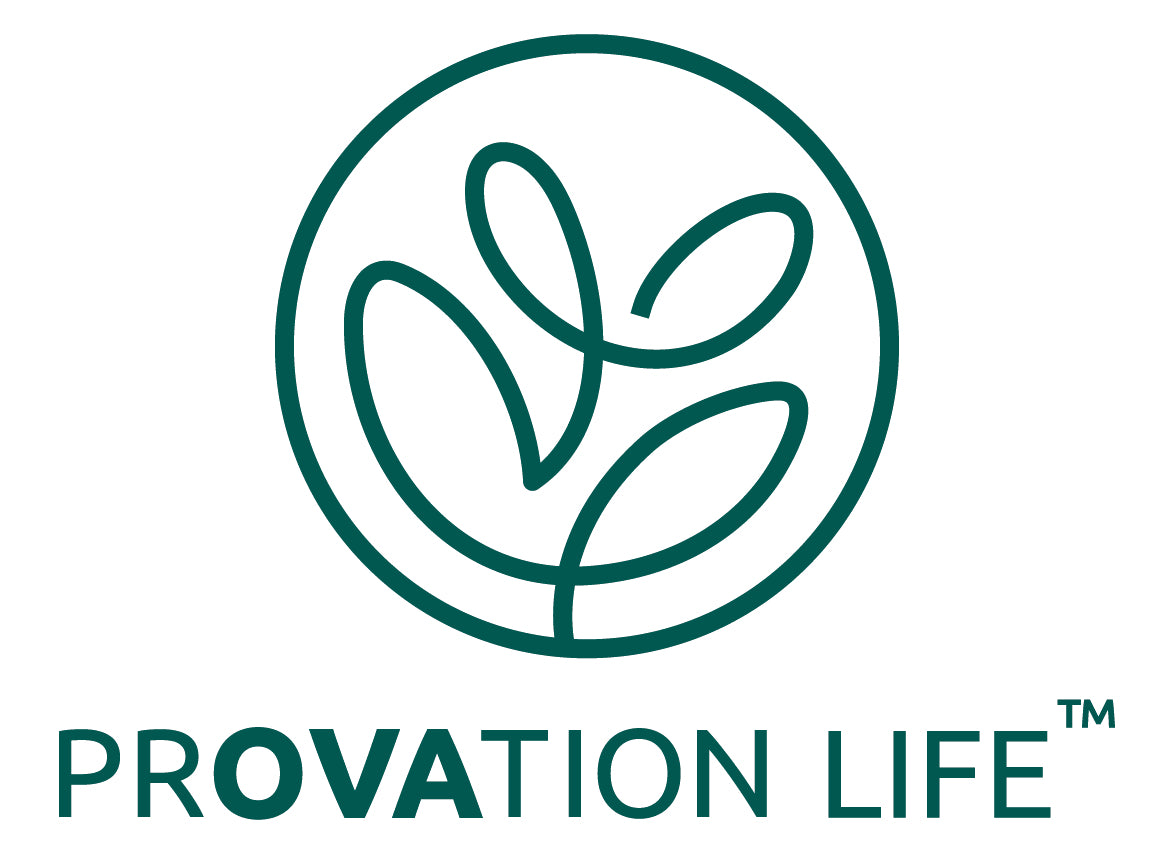Empowering Teens to Navigate the Effects of PCOS: A Comprehensive Guide
by Herman Weiss on Aug 27, 2023
PCOS can manifest during adolescence, presenting a unique set of challenges for teenagers. From the physical symptoms that might arise to the emotional impact it can have, understanding how to manage PCOS during these formative years is essential. This article serves as a comprehensive guide, offering insights into the symptoms that teens may encounter and practical strategies to cope with them effectively.
Understanding PCOS Symptoms in Teens
PCOS can present with a range of symptoms during adolescence, including:
- Irregular Periods: Your menstrual cycle might be irregular, longer, or heavier than expected.
- Acne and Skin Changes: Hormonal imbalances can lead to acne and oily skin, affecting your self-esteem.
- Unwanted Hair Growth: Excess androgens might cause hair growth on your face, chest, or back.
- Hair Thinning: Hair on your scalp might become thinner, affecting your confidence.
- Weight Fluctuations: PCOS can contribute to weight gain or difficulties in managing weight.
- Emotional Challenges: Mood swings, anxiety, and depression might be more common due to hormonal fluctuations.
All of the above, some of the above, and at times none of the above.
Coping Strategies for PCOS Symptoms
- Education is Empowerment: Learn about PCOS and its symptoms. Understanding the condition will help you feel more in control.
- Open Communication: Discuss your symptoms with your parents or guardians. Their support can be invaluable.
- Medical Guidance: Consult a doctor who specializes in adolescent health or endocrinology. They can provide targeted advice and medical options.
- Healthy Lifestyle Choices: Focus on a balanced diet rich in nutrients. Regular exercise can help manage weight and improve your mood.
- Skincare Routine: Establish a skincare routine to manage acne. Gentle cleansing and non-comedogenic products can be beneficial.
- Hair Management: Various hair removal techniques are available. Choose the one that suits you best, whether it's shaving, waxing, or laser treatment.
- Self-Care: Engage in activities that help alleviate stress and improve mental well-being, such as reading, journaling, or practicing mindfulness.
- Support Networks: Connect with friends who understand or join online forums and groups dedicated to PCOS. Sharing experiences can provide comfort.
Embracing Self-Confidence
Dealing with PCOS as a teenager can challenge your self-image, but remember:
- You're Not Alone: Many teens are navigating PCOS alongside you. You're part of a larger community.
- Self-Appreciation: Focus on your qualities, talents, and interests. Celebrate what makes you unique.
- Positive Affirmations: Remind yourself of your worth daily. Positive self-talk can boost self-esteem.
- Seek Professional Help: If you're struggling emotionally, consider talking to a counselor or therapist.
PCOS might introduce various symptoms during your teenage years, but you have the strength to face them head-on. By understanding these symptoms, seeking medical guidance, and adopting healthy coping strategies, you can manage PCOS effectively. Remember that your self-worth goes beyond your health condition, and embracing self-confidence is an essential part of your journey. With the right support, self-care, and knowledge, you can navigate the effects of PCOS while embracing your uniqueness and flourishing into a confident young adult.
Related Resources:












